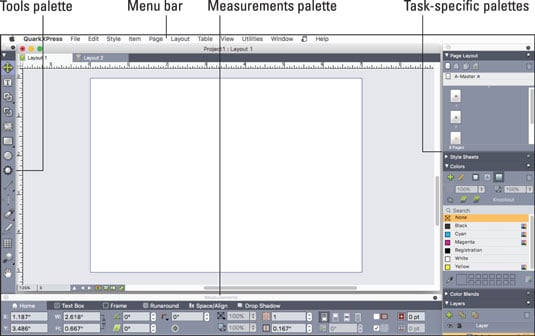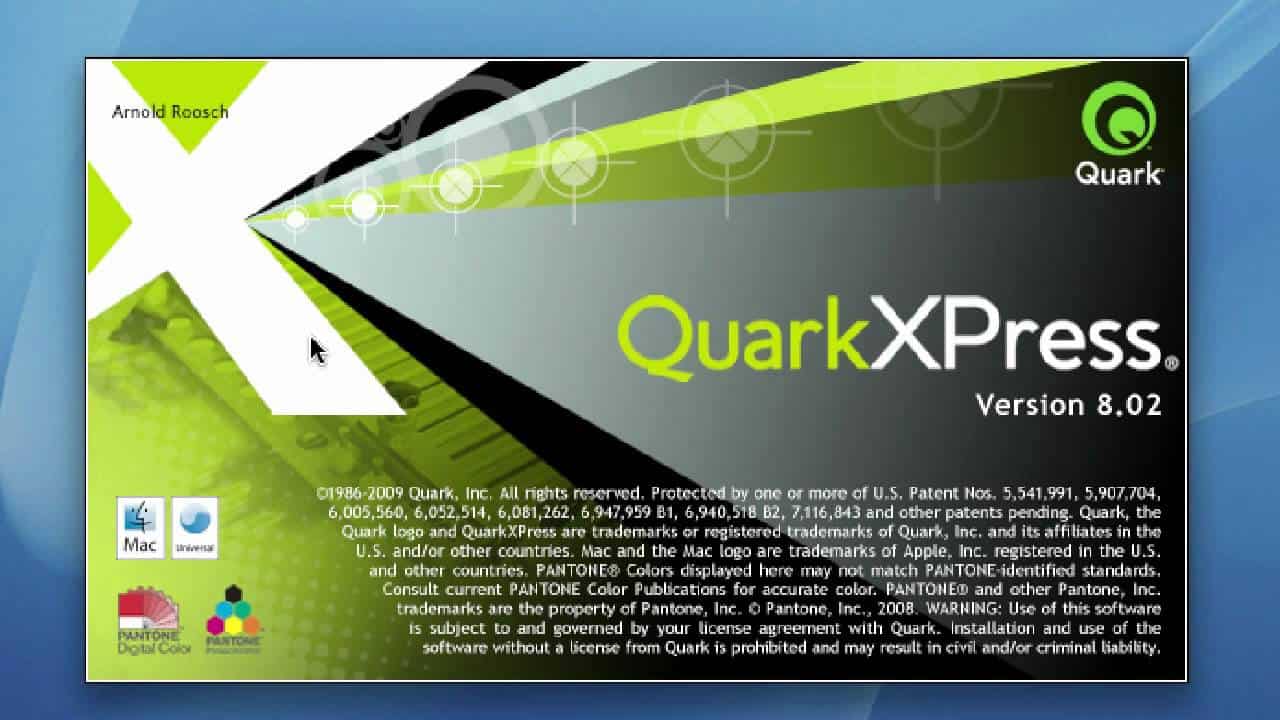

They were slow with updates, slow to adopt new technology, arrogant and treated their customers like crap.Īdobe gave QuarkXPress users every reason to switch as soon as they could be convinced to do so. And abused their position of privilege by not giving a damn. Newspaper publishers, magazine publishers, graphic design firms - everyone used QuarkXPress. In the late 90s, QuarkXPress was the dominant software in desktop publishing.

That is what we in the publishing biz refer to as “totally insane.” But things swiftly changed, and by 2004, Quark’s market share reportedly declined to 25 percent. We didn't immediately notice something that had as good a chance at taking over our honed workflow as did a reversion to Letraset. Most of us were too busy using XPress in hardened, well-established production routines under tight deadlines. To say that InDesign made a splash would be optimistic. Nowhere is this lesson underscored more than in the desktop publishing market with QuarkXPress.

More nimble competitors sweep in and eat their lunch. A company exercises almost monopolistic control over an industry (BlackBerry and smartphones, Atari and video games, Microsoft and.well, everything) and then they lose their footing. We've seen it happen over and over again.


 0 kommentar(er)
0 kommentar(er)
